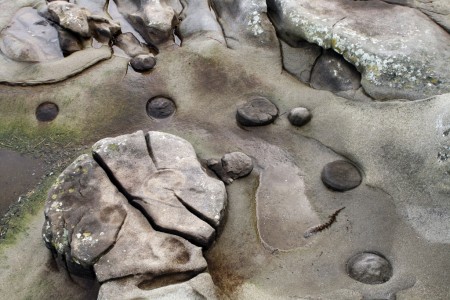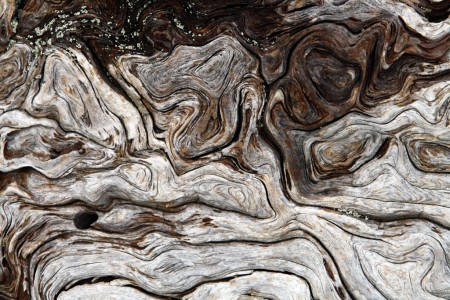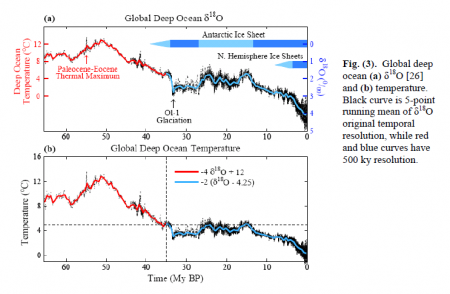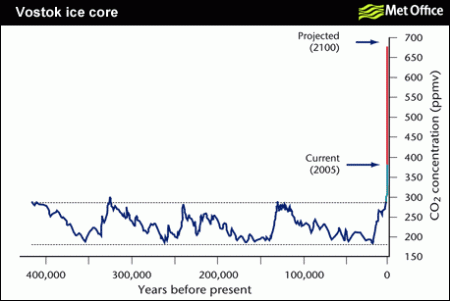Writing in The Globe and Mail, World Wildlife Fund President Gerald Butts has done a good job of expressing what is and is not important about the recent errors in IPCC reports that have gotten so much attention and rekindled the fires of the climate change denier community:
Yes, some scientists showed poor judgment in private e-mail exchanges later hacked and made public. Yes, some errors in fact and incomplete citations have been found in the IPCC’s 1,000-page reports. That said, even scientists who have criticized the IPCC agree that anthropogenic climate change is both a fact and an urgent threat to the planet.
All independent reviews undertaken so far (by The Associated Press, the University of Michigan and The Economist, for example) agree that none of the stolen e-mails or errors bring into question the science supporting climate change. To conclude otherwise is to misunderstand the process and power of science, and to dismiss the need to draw on the best available evidence and consensus to guide national policies.
Science is not a cold body of facts, but an organized system of inquiry, discovery, evaluation and learning. Science not only welcomes the correction of errors, its key attribute is that it is self-correcting over time. As new research arises, old hypotheses gain or lose support. While this process never stops, generally accepted conclusions do accumulate, based on the overwhelming weight of evidence. The fact and threat of anthropogenic climate change are clearly among those conclusions.
It is encouraging to see such an effective rebuttal printed to Margaret Wente’s misleading recent column, though it remains dispiriting that The Globe and Mail is still happy to give a platform to people as irresponsible and scientifically illiterate as Wente and Rex Murphy. Wente’s column is a prime example of a position that – on first glance – appears prudent, in suggesting that we shouldn’t take serious action while there still seem to be scientific uncertainties about climate. Unfortunately, the known characteristics of the climate system make this position irresponsible. The full effect of emissions today will take decades to fully manifest, and the climate system has the capacity to amplify small changes into much larger outcomes. What we know about the history and character of Earth’s climate tells us we need to take action now, not at some future point when the faulty claims of deniers have finally been deflated in the eyes of the public.
I suspect that, a few decades from now, people will be puzzled about why we were so unable to separate signal from noise, when it came to hearing what scientists were saying about climate change. Part of that is surely the result of actions taken in bad faith by those seeking to prevent policy action (people quite capable of exploiting the peculiar phenomenon that arise at the intersection of science and the media). That said, much of the explanation has to lie with the complacency of a public happy to hear that no action is required at the moment, no matter how thin the credibility of those making this announcement.







